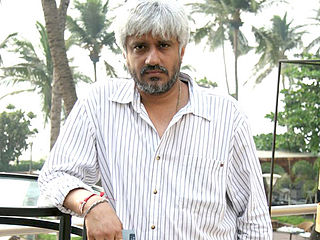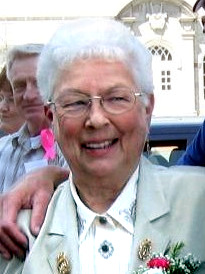A Quote by Pierre Trudeau
I'm impatient not with the House of Commons as an institution, but with the way in which it is operated. This doesn't prove I don't believe in participatory democracy.
Related Quotes
When we talk about Cuban democracy we are referring to participatory democracy which is big difference with representative bourgeois democracy. Our is a democracy in which everything is consulted with the people; it is a democracy in which every aspect and important decision that has an impact in the life and society of the people, is done in consultation.
In this world which is losing faith in so called representative democracy, there are new developments in participatory democracy. These are very interesting developments, reflecting the revitalization of community power with a more and more active presence of minorities in political life, including the presence of women who are of course by no means a minority.
By my count, the Deputy Prime Minister has sworn an oath of loyalty and service to Her Majesty no fewer than four times in the last two years, yet he has used his position as a minister of the Crown as a podium from which to rail against our history and our heritage. The minister says that instead of the monarchy he would prefer an entirely Canadian institution, but he fails to recognize that the monarchy is as Canadian as the House of Commons itself.
Why consider debates in the English House of Commons in 1628 along with documents on American developments in the late eighteenth century? The juxtaposition is not capricious, because the Commons during this period generated many of the ideas that were later embodied in the government of the United States.
Democracy entails a correlation between the public interest as expressed by a majority of the population and the governmental policies that affect them. The term encompasses various manifestations, including direct, participatory and representative democracy, but Governments must be responsive to people and not to special interests such as the military-industrial complex, financial bankers and transnational corporations. Democracy is inclusive and does not privilege an anthropological aristocracy.










































